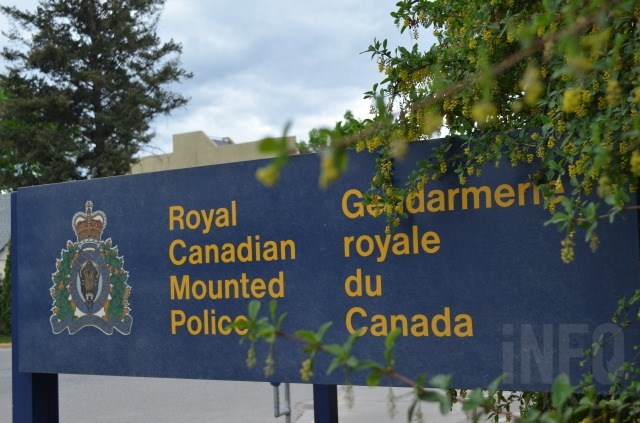
Image Credit: Shutterstock
October 05, 2018 - 6:30 PM
VERNON - Detainees at Vernon’s police detachment will soon be able to get more help with their addictions before they’re released from custody.
It’s a move that Vernon RCMP, Interior Health and other community groups hope will save lives and curb addiction-fuelled crime in the community. The idea is to introduce willing individuals into an Opioid Agonist Program — which replaces street drugs with either methadone or suboxone — while they are still in cells.
Vernon RCMP Supt. Shawna Baher says the pilot program, which is expected to launch later this fall, is a no brainer.
“A lot of people commit crimes to feed a habit,” Baher says. “If we can take away someone’s physical and psychological need for fentanyl or another analogue, isn’t that half the battle?”
Methadone and suboxone are legal substitutes for heroin, fentanyl and other opiates and are used to prevent withdrawal symptoms, reduce cravings, and stabilize individuals without getting them “high”. Once stabilized, individuals can focus on other things in their lives — like housing, employment, family and mental health.
Without the compulsion to commit a crime to pay for drugs, individuals are also less likely to breach their conditions while awaiting court dates and, depending on how things go, are in better positions come sentencing.
Beyond the goals of reducing crime and helping people into treatment, the project also stabilizes people at a pivotal time. When someone with an addiction is arrested and placed in cells, they can’t use during their stay. When the time comes for them to be released, many are desperate to use again, as soon as possible, and that’s a risky situation, Baher says. They might purchase drugs from an unknown dealer, or simply use too much too fast and overdose. For that reason, the Vernon RCMP is also implementing a pilot project to give individuals naloxone kits upon their release.

Vernon RCMP detachment
(CHARLOTTE HELSTON / iNFOnews.ca)
For Interior Health’s Jennifer Glen, who works in overdose prevention services, the pilot project provides an exciting opportunity to connect with people who may otherwise fall through the cracks.
“It’s about breaking down those potential barriers that people experience when they’re entering cells,” Glen says. “We want to streamline those people and get them connected quick.”
Glen admits that the process of who to call and where to get help can be, at times, complicated and overwhelming for people with addictions, for police officers — for anyone. That’s why the pilot project will use just one name and one number.
“The idea is to make it easy for the RCMP to know who to contact. It’s going to be just one person, a clinician who will work with the methadone clinic to get people started while they’re in cells. If it’s not opiate-related, the clinician will still meet with that person and find them the right services,” Glen says.
Her colleague, Megan Desimone, the community manager for mental health and substance use services in the North Okanagan, says police officers can also refer anyone they cross paths with to the clinician, even if they aren’t in custody.
“Police often know the folks who are using or who at risk more so than us,” Desimone says. “They may have contact with someone (in the community) and can give them our one card, or if that person doesn’t have a phone, officers can get verbal permission to tell us where we can come and find the person.”
As part of the pilot project, consenting detainees will have the opportunity to meet face-to-face with a health care worker in cells, or at a clinic with the attendance of a police officer. Once on an Opioid Agonist Program, further services and supports will be provided.
“There’s evidence that shows if we connect with a person right then and there when there’s an opportunity for change we have a higher success at having that change build and come to fruition. If they are just given a card to call or told to drop in we know the (chances) of them following through is going to be diminished because of other factors in their life. If we can get in there at that moment when they see a friendly person face-to-face that wants to help, we can save lives,” Glen says.
Individuals who decline the service will still be given information and a number to call if things change.
“We want to be there when the individual is ready,” Desimone says.
It’s not yet known how long the trial will last, but Desimone says the groups will be working with B.C.’s Overdose Emergency Response Centre to analyze the results when complete.
To contact a reporter for this story, email Charlotte Helston or call 250-309-5230 or email the editor. You can also submit photos, videos or news tips to the newsroom and be entered to win a monthly prize draw.
We welcome your comments and opinions on our stories but play nice. We won't censor or delete comments unless they contain off-topic statements or links, unnecessary vulgarity, false facts, spam or obviously fake profiles. If you have any concerns about what you see in comments, email the editor in the link above.
News from © iNFOnews, 2018